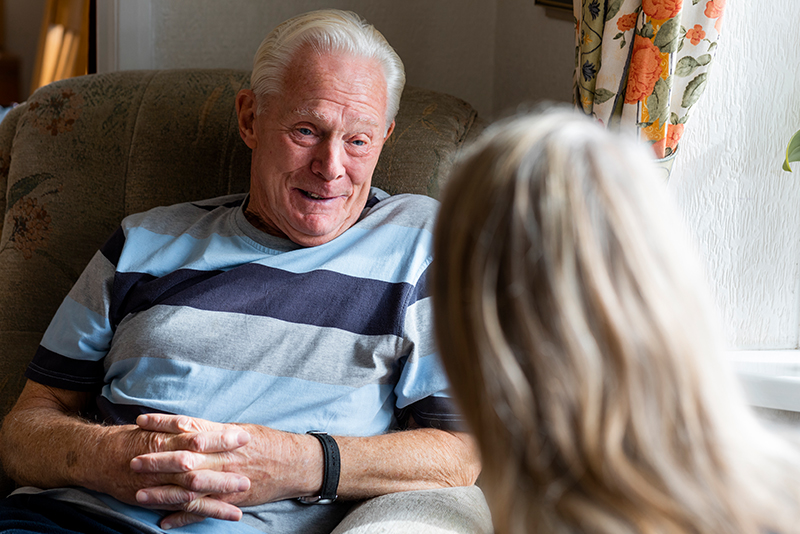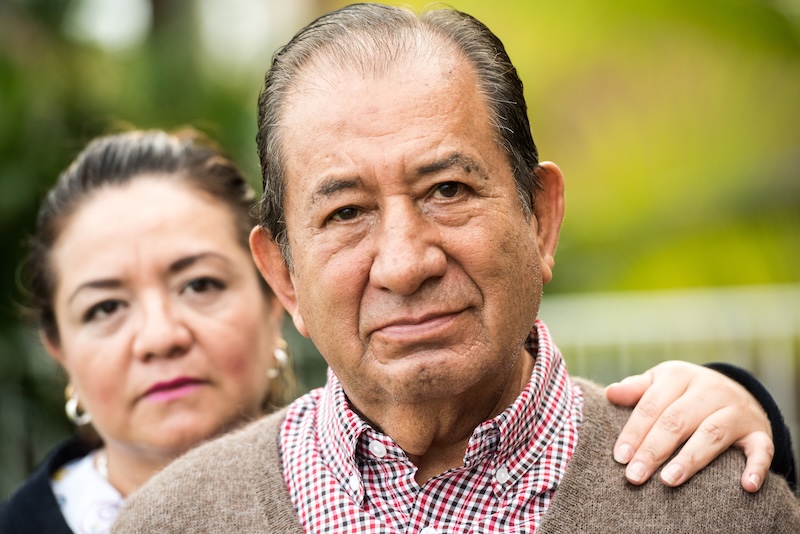Let’s Talk About Dementia – In a Healthy Way


Improv is one creative dementia care strategy that can be both effective and fun.
Receiving a diagnosis of dementia is never easy. It kicks off an emotional rollercoaster of fear, anxiety, uncertainty, grief, and more, all of which are heightened if the diagnosis is given starkly, without empathy or compassion. There are steps doctors can (and should) take when delivering a dementia diagnosis to ease the initial impact, empowering and equipping the individual and family with knowledge and support.
Here are some of the ways doctors are striving to change the way they talk about dementia, and why it matters.
- Empathy First: Rather than jumping straight to medical jargon and statistics, doctors are now starting conversations with empathy and understanding. They recognize the emotional impact of a dementia diagnosis and strive to create a safe space for individuals and their family members to express their concerns and fears. Along with this empathetic approach, physicians are also encouraging open dialogue about the practical aspects of managing dementia, such as daily routines and available support services.
- Education as Empowerment: Doctors are shifting towards an educational approach, arming patients and families with knowledge about dementia. By explaining the condition in accessible language and providing resources for further learning, they empower individuals to better navigate the journey ahead. There is also an emphasis on the importance of proactive measures, such as lifestyle modifications and early intervention strategies, to optimize quality of life and delay disease progression.
- Person-Centered Care: Recognizing that each person’s experience with dementia is unique, doctors are shifting towards a person-centered approach to care. Ideally, they are engaging patients in discussions about their preferences, values, and goals, ensuring that care plans are tailored to the individual’s needs and wishes. This personalized approach extends beyond medical treatment to encompass holistic support, including emotional well-being and social connectedness, fostering a sense of dignity and autonomy.
- Supportive Networks: Doctors are increasingly connecting patients and families with supportive networks and resources within the community. Whether it’s caregiver support groups, dementia-friendly activities, or specialized services, these networks provide crucial emotional and practical support throughout the dementia journey. Physicians should also be advocating for the involvement of family caregivers in care planning and decision-making, recognizing their invaluable role in providing continuity of care and enhancing the person’s quality of life.
- Continued Communication: The conversation doesn’t end with the initial diagnosis. Doctors need to be committed to ongoing communication with patients and families, providing updates on the progression of the disease, discussing treatment options, and offering support every step of the way. This ongoing dialogue fosters trust and collaboration, empowering individuals and their families to make informed decisions and adapt to the evolving challenges of dementia caregiving.
If you suspect a loved one may be in the early stages of dementia, or if they’ve already been diagnosed, it’s crucial to find a doctor that follows best practices such as these. It’s equally important to partner with a home care provider with specialized expertise in the unique needs of caring for someone with dementia.
At Hired Hands Homecare, our dementia care team is fully trained, highly skilled, and well known as the experts in Santa Rosa, Novato, Napa, and throughout the Bay Area. Our creative approach to care promotes independence, respect, and dignity. Contact us at (866) 940-4343 to find out more.








Leave a Reply